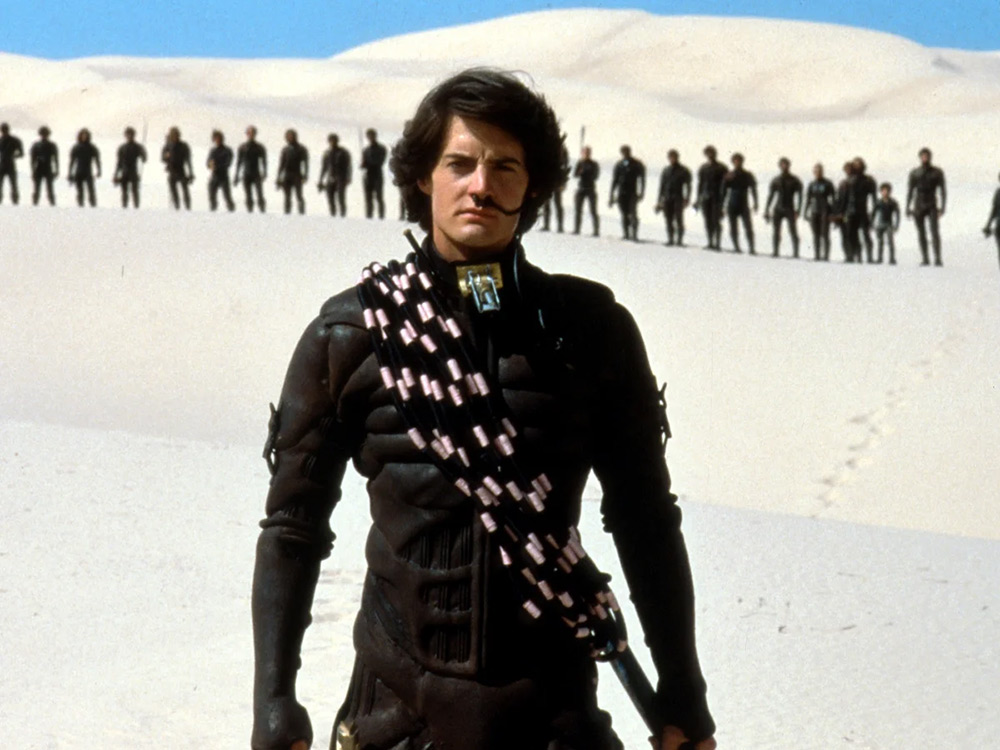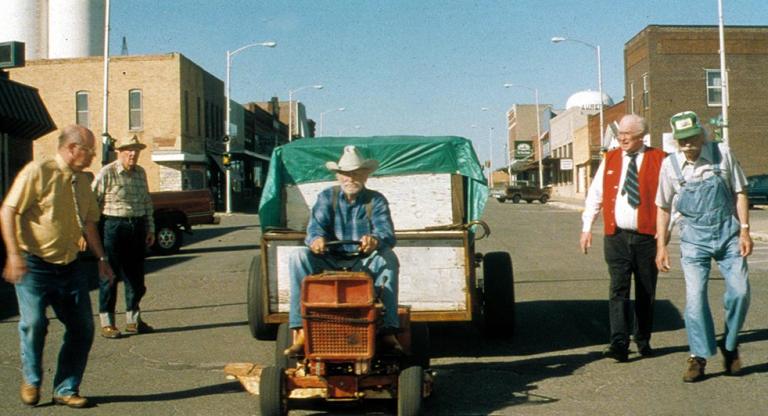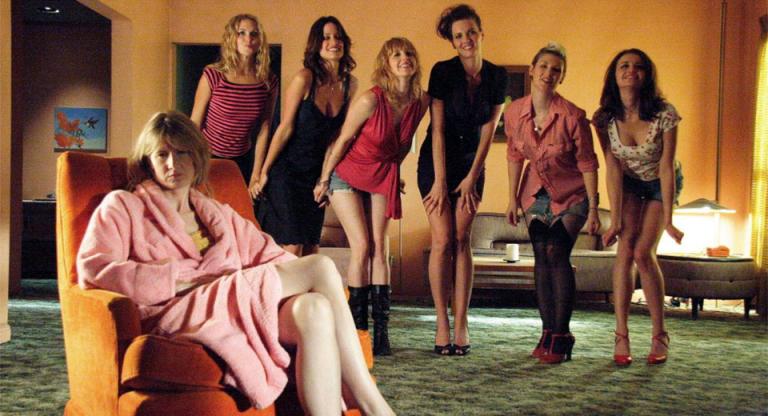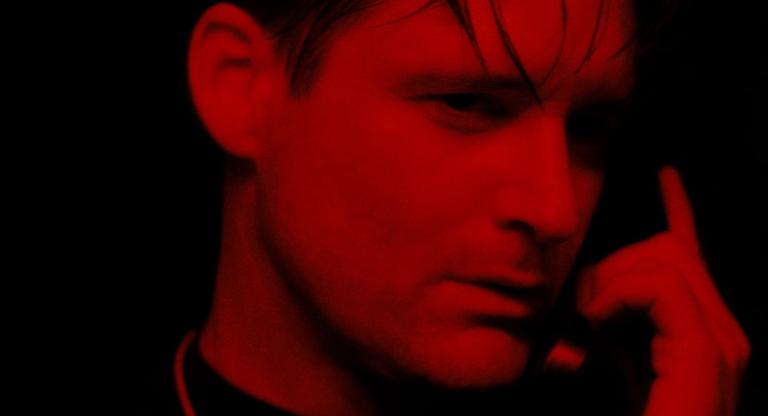NPR conducted an interview with David Lynch about his new album Cellophone Memories six months before he passed away. And as was often the case, even in interviews that were not about his films, the dark cloud of his big studio adaptation of Frank Herbert’s sci-fi novel Dune came up. This time though, the interviewer didn’t even cite the film. Lynch brought it up of his own accord when asked about his failures. He didn’t call the film a straight out failure, but accepted fault for not insisting on final cut in his contract. He claims that he “died a death” over the three-year journey to bring Dune (1984) to screen.
The production, release, and reception of David Lynch’s Dune is the stuff of pop culture lore. There have been short documentaries made about the subject, an entire oral history book, and even a feature-length documentary about what might have been (see Jodorowsky’s Dune, 2013). All of this material, and Lynch’s countless interviews, have given us a good idea of what Lynch intended to do with Dune and what went wrong.
When discussing Dune, especially in a negative light, it’s important to remember that I it was only Lynch’s third feature film, following Eraserhead (1977) and The Elephant Man (1980). He went from working on the shoestring budget of Eraserhead, inspired by his Philadelphia stomping grounds, to handling a feature film for Paramount with a few million dollars of studio money at his disposal in short order. And, if that wasn’t enough, his work on The Elephant Man earned him an Oscar nomination for Best Director in 1981. His attempt to follow that up with an adaptation of a book that was deemed unadaptable resulted in a budget that soared to $40 million, nearly 10 times that of his prior film. For context, the previous year’s Return of the Jedi, cost $8 million less. Lynch was now working with Star Wars money, which is interesting considering that George Lucas asked him to direct Return of the Jedi. He turned him down in order to make Dune.
Despite Lynch’s misgivings about the film and its production, and its near unanimous dismissal by film critics, Dune is hardly a bad film. The cinematography, by The Elephant Man’s DP Freddie Francis, elegantly brings to life the sand-covered vistas of Herbert’s novel—it’s particularly immersive in the film’s rarely-screened 70mm blow-ups, which plays tonight at The Paris. The casting, which is often cited as the film’s biggest failure, was a catalyst for Lynch’s work with Kyle MacLachlan. Every facet of the production, even if unintentional, brings a heightened camp to Herbert’s novel: the gaudy costumes by future Batman (1989) costume designer Bob Ringwood; the charmingly tactical creature effects by Carlo Rambaldi, who gave the world E.T.; and the music by none other than Toto, best known for their 1982 hit “Africa.” Dune is a perfect storm of creative energy, all chaotically organized by producer Dino De Laurentis. Various people could be blamed for the failure, artistic and commercial, of Dune, but the hardest one to pin it on is Lynch. Warts and all, it feels like the work of a kid being given the keys to the, or at least a, kingdom. It’s a veritable sandbox of ingenuity made by a filmmaker intent on honing his craft while realizing that he’d never get to do something like this ever again.
Dune screens this evening, September 6, at the Paris Theater on 70mm as part of the series “Big & Loud.” This is the first NYC 70mm screening since 1985.






